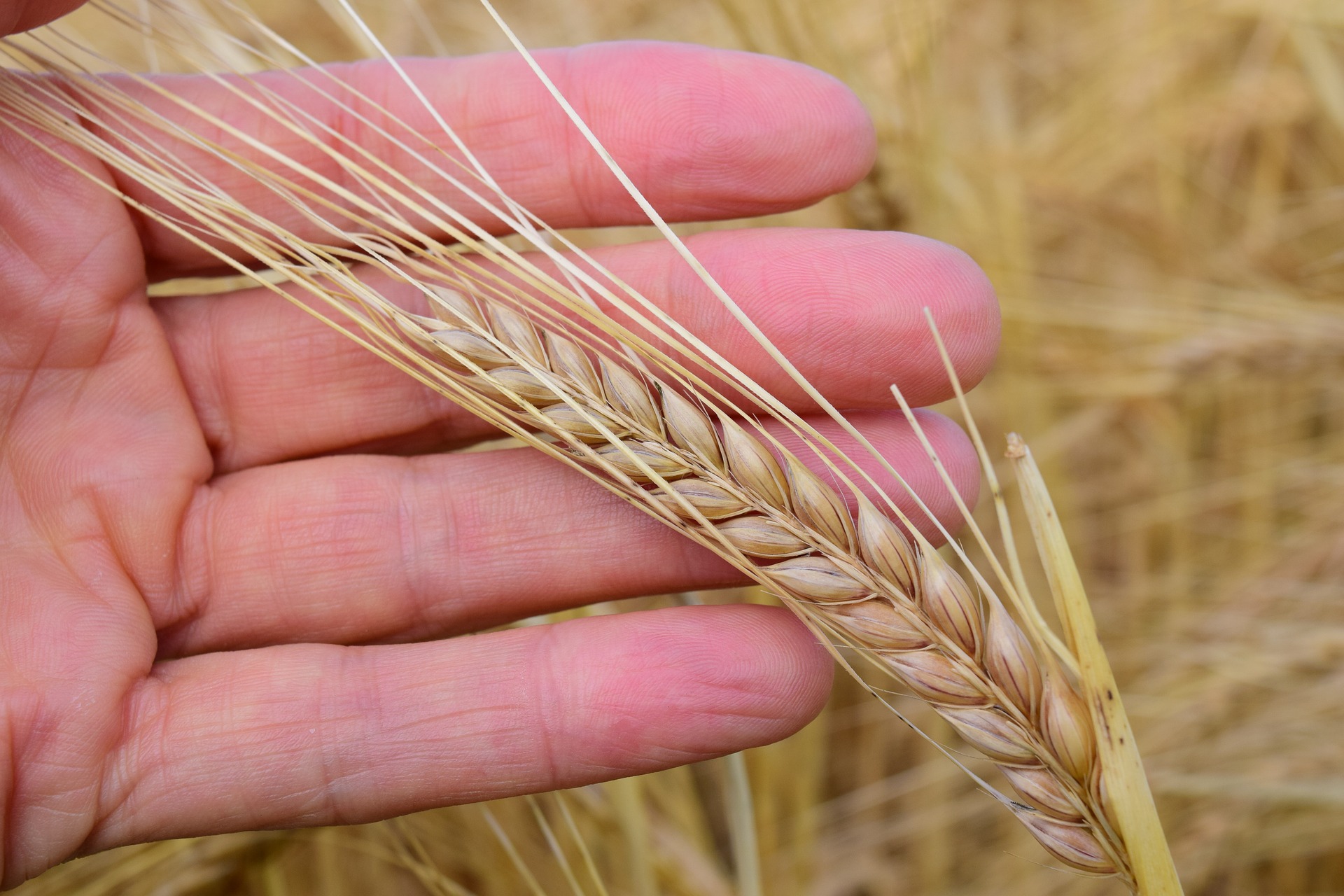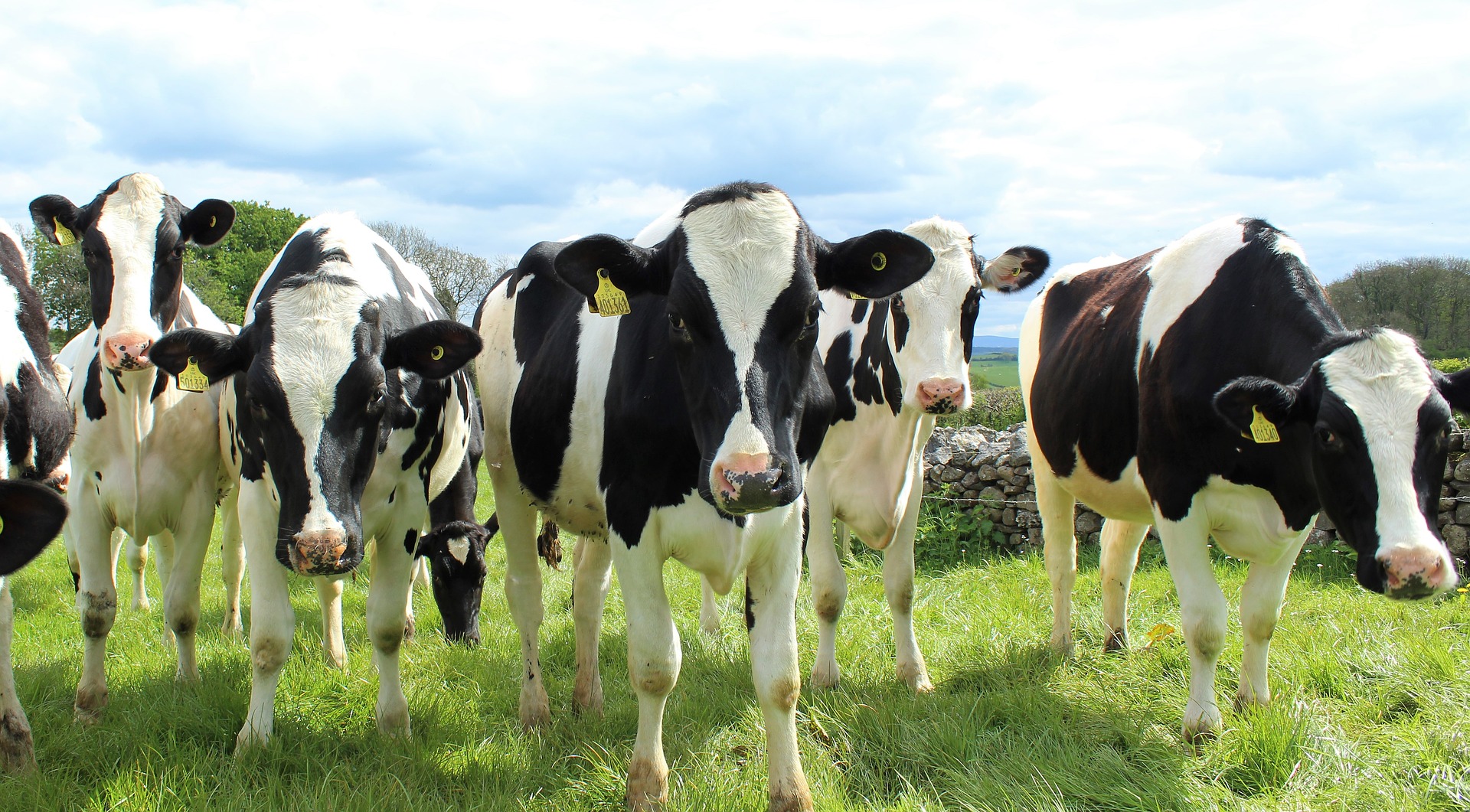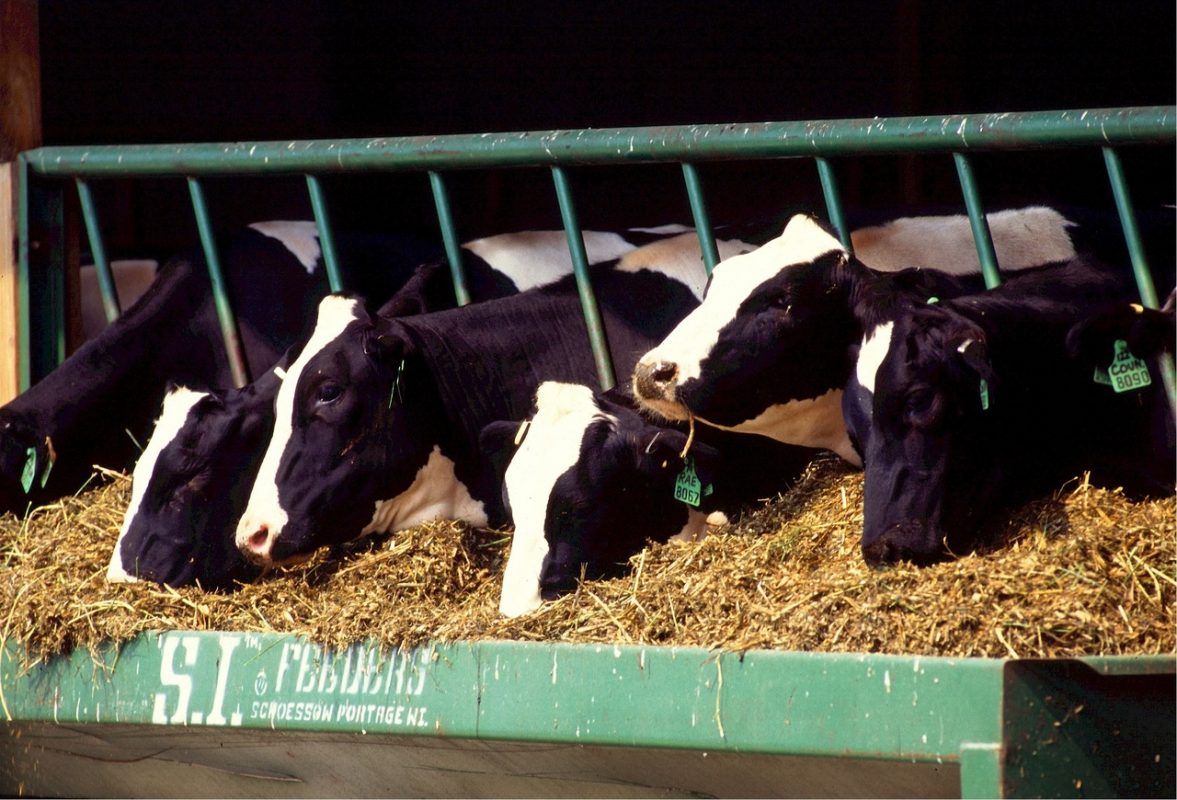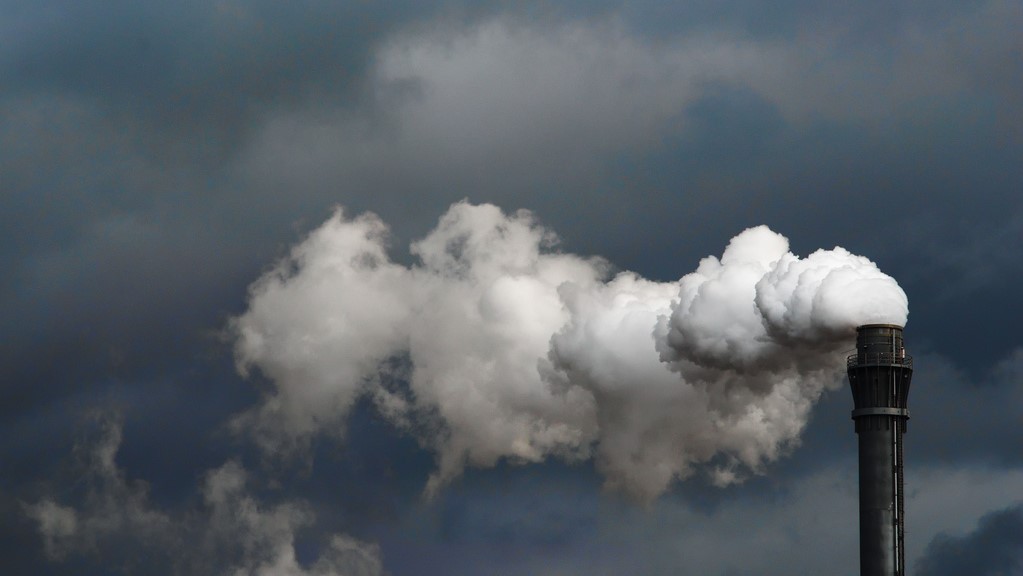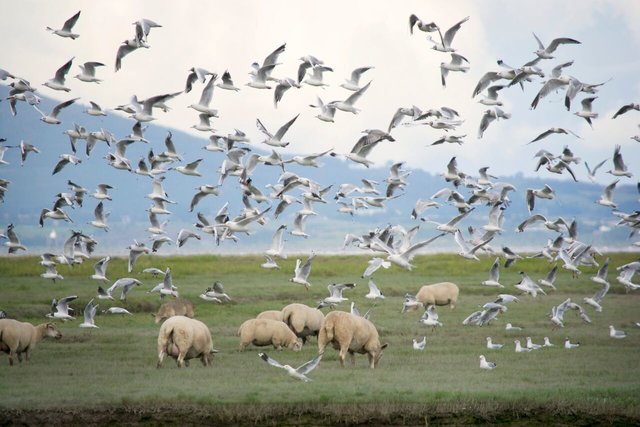‘Rank hypocrisy’ for EU to insist on agri-climate measures while supporting Mercosur deal

June 27th, 2019
A new report on Ireland’s beef sector has been largely welcomed by the beef farming community but tensions remain high with Brexit looming in the background.
The committee Report on the Future of Beef Sector in the Context of Food Wise 2025 which contains twelve key recommendations was launched in Dáil Éireann yesterday.
Beef Chairman for the Irish Cattle and Sheep Farmers Association (ICSA) Edmund Graham welcomed the report and specifically recommendation 10 to oppose the Mercosur trade deal.
The EU-Mercosur Free Trade deal would allow free beef trade between the EU and Uruguay, Paraguay, Argentina and Brazil.
Mr Graham said it is “rank hypocrisy” for the EU to insist on climate measures while “supporting the importation of beef from South America, involving the cutting down of rain forest.”
“The climate action plan indicates that Irish farmers will be expected to plant more trees. Yet the importation of more South American beef will lead to further destruction of the rain forest with a lot more negative environmental impact than anything we can possibly compensate for in Europe,” he said.
The group maintain it would be an “unmitigated disaster” for the Irish beef sector and this risk is “more pronounced because of Brexit uncertainty”.
Last month, a Brexit Package of €100 million was agreed upon by the EU commission for struggling Irish beef farmers.
The ICSA conducted research to show that Brexit was costing beef farmers €4 million a week.
Pat Deering TD who chaired the committee meeting assured attendees that Ireland’s position on Mercosur had been relayed to relevant EU bodies.
Live-Exports
The committee recommended that a section be created within the Department of Agriculture to help with live-exports.
Beef Plan Vice-President Hugh Doyle said that this recommendation is crucial as the beef industry in Ireland has been “dying on its feet for the last ten years”.
Doyle explained that the beef market-place in Ireland has been flooded the past three years as we produce on average an extra eight thousand calves per week and import beef from Poland too.
“No primary producer can demand a respectable price if the market is flooded at all times,” he said.
To increase cattle live-exports would require a “huge push from Government” but would have great results for farmers, he said.
Beef Plan, which is an NGO, is calling for €2-3 million of the Brexit Package to be put towards branding premier Irish suckler Beef which is GM free and fed high protein soya beans as well as omega-3 rich foods.
Doyle also maintained that beef retailers need to engage with the committee on Food Agriculture and the Marine – as of yet they have failed to do so.
The report found that funding should go towards researching sexed-semen techniques.
Sexed-semen straws are used in AI and generally have a 90 per cent purity rate making them that much more likely to produce a female calf – a positive outcome for beef and dairy farming.
A spokesperson for the Green Party said that the party are “deeply concerned” with this kind of technology as its is a move to a farming model “we don’t agree with”.
The Greens’ spokesperson said that overall they did not see the type of “radical reform” in the report that would be required to meet adequate animal welfare and climate action standards.
Other committee recommendations included that the best interests of all stakeholders be considered when forming the Common Agricultural Policy (CAP) strategic plan.
The committee group were also supportive of the Minister’s decision to form a CAP post 2020 consultative committee.
Hugh Doyle of Beef Plan concluded that the report was overall positive for the farming community but said it now requires action and “can’t be left on a shelf to gather dust.”
by Marianne Foody
